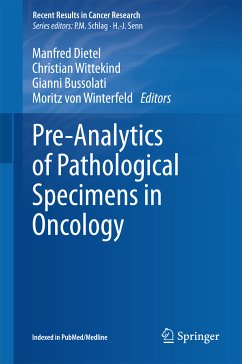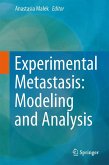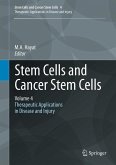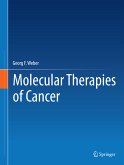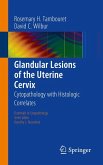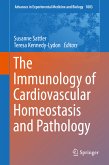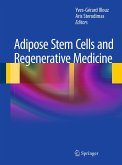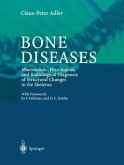This book presents an overview of the most important current developments in the pre-analytical handling of tissue. It addresses in particular potential ways to improve the situation whereby methods employed in the pre-analytical phase - the period from surgical removal of tissue to the start of pathological processing - have remained essentially unchanged for decades with only modest standardization. It is examined how the pre-analytical period can be optimized, resulting not only in an increase in diagnostic quality but also in a reduction in processing time and costs. Among the key topics examined are the so-called cold ischemia time between tissue removal and fixation, the potential superiority of vacuum-based preservation over immediate formalin fixation, two-temperature fixation, molecular analysis methods, and the pre-analytics of specimens from particular tissues. Readers will find this book to be an important update that reveals the full importance of the pre-analytical phase for quality of pathological work-up.¿
Dieser Download kann aus rechtlichen Gründen nur mit Rechnungsadresse in A, B, BG, CY, CZ, D, DK, EW, E, FIN, F, GR, HR, H, IRL, I, LT, L, LR, M, NL, PL, P, R, S, SLO, SK ausgeliefert werden.

